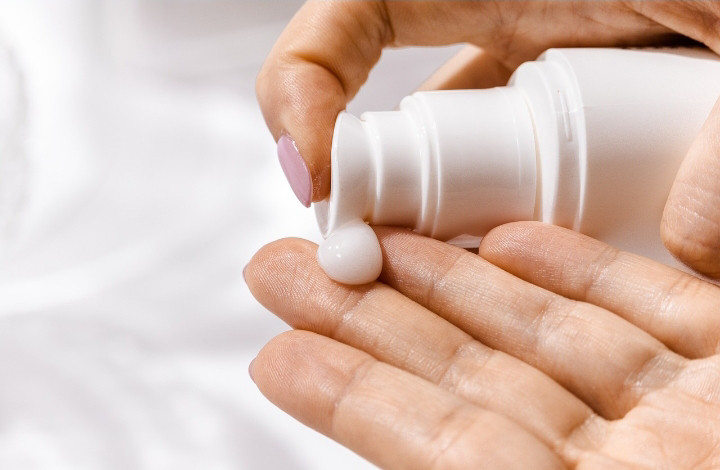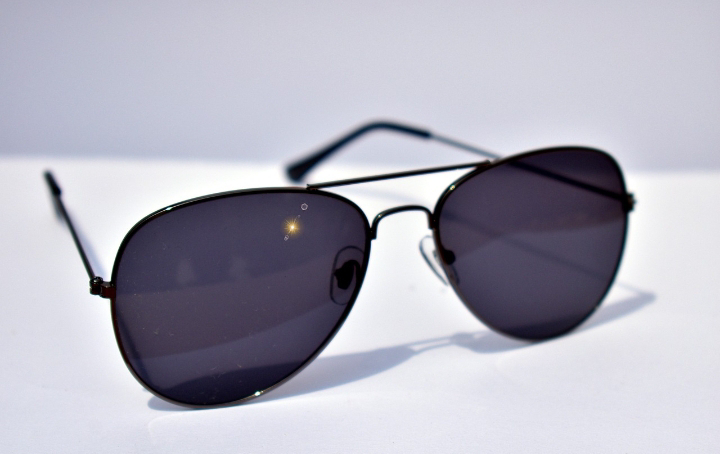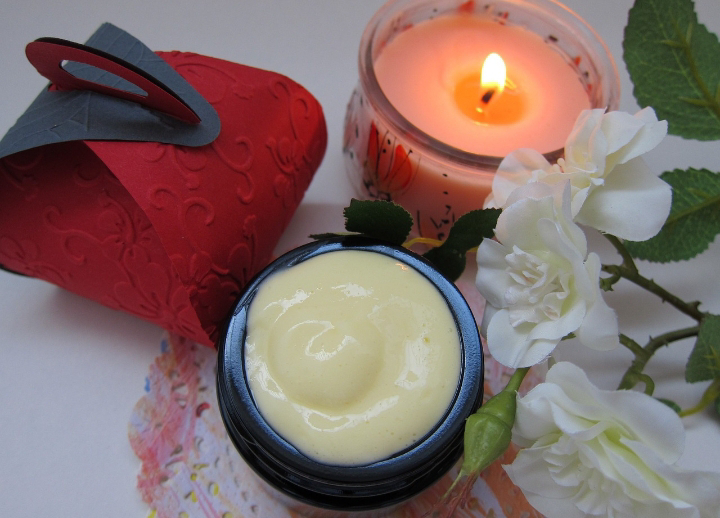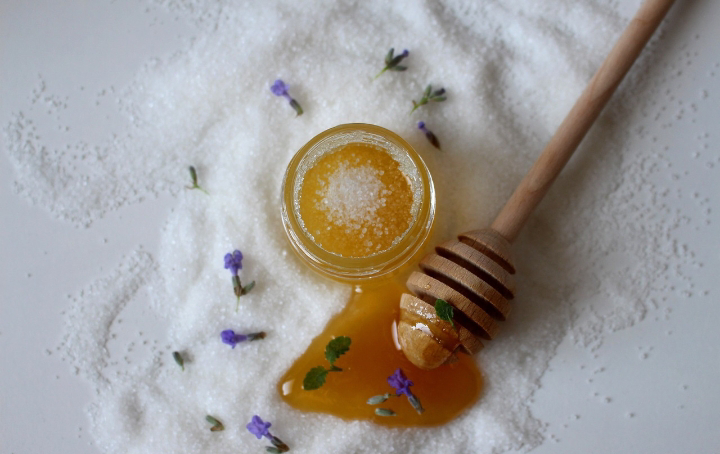How To Take Care Of Your Skin During Summer?
Skin Care For Summer
Our skin is our primary shield that takes all the damage from pollution, and weather change and reflects our internal health to others. It can go through all the rigours of daily life, dryness of weather, humidity, heat and sunlight if only we can take care of it properly. But our skin can be sensitive to changes and harsh weather can harm our skin in multiple ways;
· Dry weather with low humidity levels can lead to dry skin. Causing it to feel tight, itchy, and rough. Dry skin is more prone to irritation, cracking, and inflammation.
· Exposure to cold weather can constrict the blood vessels in the skin, leading to numbness and discomfort.
· Wind increases dryness, taking away the skin's natural oils, leading to chapping and irritation.
· High humidity levels can lead to acne and fungal infections, promoting the growth of bacteria and fungi.
· UV radiation from the sun can damage the skin, leading to sunburn, premature ageing, and an increased risk of skin cancer. Sunburn can cause the skin to become sensitive, red, and painful, with long-term damage contributing to skin sensitivity.
The summer season with scorching heat is here, which can cause various skin problems due to increased sun exposure, heat, humidity, and other environmental factors. Here are some common skin issues you may face during the summer season.
1. Sunburn:
This is the most common problem you may face if you go out in the summer season. Prolonged exposure to sunlight can cause sunburn, leading to red and painful skin. Applying mild lotion like aloe vera gel or sunscreen with soothing ingredients like oatmeal or chamomile will help soothe your skin. Drink plenty of water to stay hydrated and avoid irritation by wearing loose, breathable clothing.
2. Heat rash:
Heat rashes or prickly heat occur due to hot and humid weather, indulging in activities that cause sweating or wearing tight-fitted clothing in hot weather. It leads to red, itchy bumps or blisters. Wear lightweight, breathable clothing to prevent heat rash and stay in cool, well-ventilated areas. Taking a cool shower and applying calamine lotion can help soothe itching and irritation.
3. Acne
Heat and humidity can increase oil
production and clog pores, leading to acne breakouts. To manage acne during the
summer, cleanse your skin twice daily with a gentle cleansing lotion, use oil-free
sunscreen and skincare products, and avoid heavy makeup.
4. Excessive sweating:
Sweating is the body's way of cooling down, but excessive sweating can lead to discomfort and skin irritation. Stay cool and dry by wearing moisture-wicking clothing, using antiperspirants or talcum powder, and taking cool showers regularly. Consider using sweat-absorbing pads or underarm shields to protect clothing from sweat stains.
5. Dry and dehydrated skin:
Exposure to air conditioning and chlorinated pools can also dry the skin. Keep your skin hydrated by drinking plenty of water, using a moisturising lotion or cream, and incorporating hydrating serums or facial mists into your skincare routine. Limiting exposure to harsh chemicals and hot water can also help retain moisture in the skin.
6. Hyperpigmentation:
Increased sun exposure can exacerbate hyperpigmentation, causing dark spots or patches on the skin. Protect your skin from UV damage by wearing sunscreen daily and seeking shade outdoors. Consider using skincare products containing ingredients like vitamin C, niacinamide, or retinoids to help fade existing dark spots and prevent new ones from forming.
7. Bug bites and stings:
Insects are more active during the summer, increasing the risk of bug bites and stings. To relieve itching and inflammation, apply a cold compress, hydrocortisone cream, or antihistamine lotion to the affected area. Avoid scratching to prevent further irritation and the risk of infection.
Taking care of your skin during the summer seasons
1. Use sunscreen:
Apply a broad-spectrum sunscreen with SPF 30 or higher to all exposed skin, including your face, neck, arms, and legs. Reapply sunscreen every two hours, especially if you're swimming or sweating heavily. Sunscreen is not just for sunny days. UV rays can penetrate clouds and cause skin damage even on overcast days. Make applying sunscreen a daily habit, regardless of the weather.
2. Seek shade:
Limit your time in direct sunlight, especially during the peak hours of 10 a.m. to 4 p.m. Seek shade under trees, umbrellas, or awnings whenever possible. Protect your eyes from harmful UV rays by wearing sunglasses with 100% UV protection. Look for sunglasses that block both UVA and UVB rays to reduce the risk of eye damage and discomfort.
3. Wear protective clothing:
Cover up with lightweight, long-sleeved shirts, pants, and wide-brimmed hats to shield your skin from the sun's UV rays. Wear loose-fitting, light-color, cotton or linen clothes to stay protected from heat.
Lightweight, long-sleeved shirts and pants can actually help protect your skin from the sun's harmful UV rays and prevent sunburn. Choose a hat or headgear with a brim of at least three inches to provide adequate sun protection-
4. Stay hydrated:
Drink plenty of water throughout the day to keep your skin hydrated and prevent dehydration, which can lead to dry and flaky skin. Drink at least 8 glasses of water if you are an active person or remain outdoors in the heat. Carry a reusable water bottle with you wherever you go to remind yourself to hydrate regularly.
Drink water before, during, and after exercise to stay hydrated and replace fluids lost through sweating. To keep your skin hydrated and healthy, make it a priority to hydrate yourself.
5. Use moisturiser:
Apply a lightweight, oil-free moisturiser to keep your skin supple without clogging pores. Look for products containing ingredients like hyaluronic acid or glycerin. During the summer, it’s better to avoid heavy layers of moisturiser that can make your skin feel suffocating. Stick to a light, breathable formula that offers adequate hydration without overwhelming your skin. Additionally, you need to stay hydrated both inside and out during summer by frequently drinking water, fluids, and coconut water.
6. Exfoliate:
Regular exfoliation helps remove dead skin cells, allowing moisturisers and other skincare products to penetrate more effectively. However, be gentle with your skin, especially if you're spending time outdoors, as over-exfoliation can increase sensitivity to the sun.
Incorporate exfoliation into your skincare routine 1-3 times per week, depending on your skin's sensitivity and tolerance, but avoid over-exfoliation. After exfoliating, rinse your skin thoroughly with lukewarm water to remove any residue.
7. Take cool showers:
Avoid hot showers or baths, as they can strip your skin of its natural oils and lead to dryness. Opt for lukewarm or cool water to soothe your skin and prevent overheating.
Cool water can work wonders for your body and skin and bring the temperature down quickly if you are struggling with hot weather. Pay special attention to pulse points on your body, such as your wrists, neck, and temples. These areas are where blood vessels are closest to the skin's surface, so applying cool water to them can help lower your body temperature more effectively.
8. Use a gentle cleanser:
Choose a mild, non-drying cleanser to remove sweat, dirt, and sunscreen residue from your skin. Choose a gentle cleanser that effectively removes dirt, oil, and sunscreen without stripping away your skin's natural moisture barrier. Look for cleansers suitable for your skin type and formulated with hydrating and soothing ingredients.
9. Stay cool:
Use fans, air conditioning, or cool compresses to keep your body temperature down and prevent excessive sweating, which can irritate the skin and exacerbate conditions like heat rash.
Stay informed about weather forecasts and heat advisories in your area. Take precautions and adjust your plans and daytime schedule to stay safe during periods of extreme heat.
10. Protect your lips:
Protecting your lips during the summer is crucial, as they can easily become dry, cracked, and sunburned due to exposure to the sun, wind, and dehydration. Apply a lip balm with SPF to protect your lips from sunburn and dehydration. Drink plenty of water to keep your body and lips hydrated.
Avoid Licking Your Lips as licking your lips can worsen dryness and irritation. Applying a thick layer of moisturising lip balm or petroleum jelly before bed will hydrate your lips overnight and prevent them from becoming dry and cracked while you sleep.
11. Watch your diet:
Stay hydrated and drink at least 8 glasses of water, coconut water, infused water with fruits/herbs, and herbal teas are also excellent options. Food should be light and refreshing and provide essential nutrients during Summer.
Eat a healthy, balanced diet rich in fruits, vegetables, and antioxidants to support your skin's health from the inside out. Load up on seasonal fruits and vegetables like watermelon, berries, cucumbers, tomatoes, lettuce, and zucchini. These are hydrating and packed with vitamins and antioxidants. Limit your sugary and processed foods, which can contribute to inflammation and skin issues.
To minimize the impact of weather on skin sensitivity, it's essential to practice good skincare habits, such as moisturizing regularly, protecting the skin from sun exposure with sunscreen and protective clothing, and staying hydrated. Additionally, adjusting skincare routines and using products formulated for specific weather conditions can help maintain skin health and minimize sensitivity.























Comments